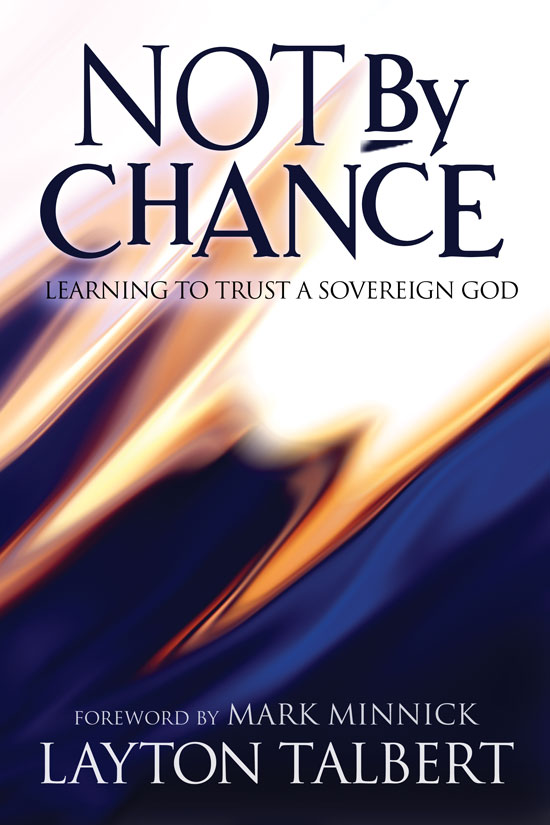 Have you ever had your portrait done at a fair or festival by a speed artist? I haven’t, but I have watched one at work. The result may not be something you’d frame and hang in your living room or pass down to future generations as a treasured family heirloom. Nevertheless, a skilled artist has the knack of capturing your most prominent features so that, in about five minutes, you have a remarkably recognizable representation of yourself.
Have you ever had your portrait done at a fair or festival by a speed artist? I haven’t, but I have watched one at work. The result may not be something you’d frame and hang in your living room or pass down to future generations as a treasured family heirloom. Nevertheless, a skilled artist has the knack of capturing your most prominent features so that, in about five minutes, you have a remarkably recognizable representation of yourself.
Jonah presents a five-minute portrait of providence. Have you ever noticed the tools of providence employed in the story of Jonah, and how explicitly each incident is connected to the direct intervention and activity of God?
After Jonah’s initial disobedience to the Lord’s call (when he took a ship sailing in the opposite direction God wanted him to go), “the Lord sent out a great wind into the sea,” a “mighty tempest” that threatened the ship itself and the lives of all those on it (Jonah 1:4). Once Jonah was cast overboard (“and the sea ceased from her raging”), “the Lord had prepared a great fish to swallow up Jonah” (Jonah 1:17). When that encounter had accomplished its designed effect, “the Lord spake unto the fish” and it unceremoniously deposited Jonah onto a nearby beach.
Jonah finally made it to Nineveh. But he still balked at what God wanted to do through him, so God wanted to make a point. Consequently, “the Lord God prepared a gourd” (Jonah 4:6), a plant to shade Jonah from the heat. But the very next day “God prepared a worm” (Jonah 4:7) to eat the plant and destroy the very gift He had just given to Jonah. To make matters worse (and to make His point more keenly), “God prepared a vehement east wind” to chase away the clouds so that the hot sun “beat upon the head of Jonah.” There are a number of implications and applications of what God was doing in Jonah’s life. But our primary interest here is in God’s providential use of means to accomplish His will.
The Holy Spirit’s inspiration of the wording of this story is not accidental or insignificant. God directly, personally, and providentially employs such common, “natural” means as weather (Jonah 1:4), whales (Jonah 1:17, 2:10), weeds (Jonah 4:6), worms (Jonah 4:7), and winds (Jonah 4:8). (I know Jonah 1:17 says “great fish” and not “whale,” but I needed a w. Besides, if God providentially controls “great fish,” He certainly providentially controls whales too.)
[Excerpt adapted from Not by Chance by Layton Talbert (Chapter 7, pp. 114-15). ]
Leave a Reply